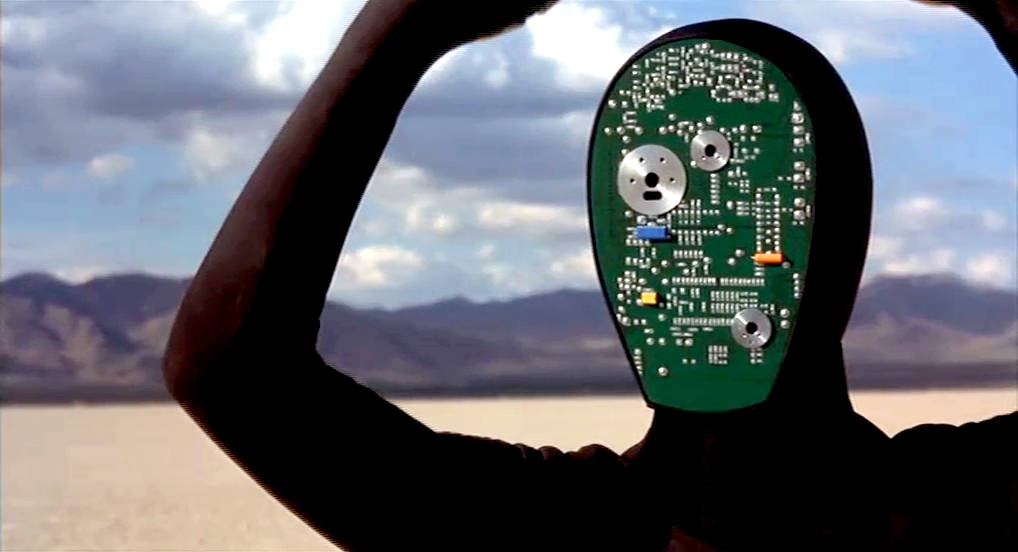Electroma: criticism and interpretations

"Electroma" is a film that lends itself to multiple interpretations, just like an abstract work of art that arouses different emotions and reflections in each observer. Its minimalist and dialogue-free narrative, combined with a strong symbolic component, leaves ample room for personal interpretation, stimulating reflection on profound themes such as the search for identity, loneliness, alienation and the relationship between man and machine.
One of the most common readings sees the film as a metaphor for the human condition. The two robots, with their desire to become human, represent the eternal search for meaning and belonging that characterizes human existence. Their inability to integrate into society, despite their efforts to conform, can be seen as a reflection on the difficulty of finding one's place in the world and the frustration that comes from not being accepted for who you are.
The journey of the robots through the desert and the city can be interpreted as a path of inner transformation. The desert, with its vastness and desolation, symbolizes alienation and loneliness, while the city, with its lights and dynamism, represents human society with its promises and contradictions. The two protagonists, in their attempt to reach the city and transform themselves into human beings, face a path of growth and change, which leads them to confront their own fears, their own limits and their own aspirations.
Some critics have interpreted it as a criticism of modern society, obsessed with appearance and conformity. The two robots, in their desire to obtain a human face, seem to want to adapt to an ideal of beauty and perfection imposed by society. Their failure can be read as a denunciation of the impossibility of achieving happiness through adaptation to external models and of the importance of accepting one's individuality.
The film can also be interpreted as a reflection on the relationship between man and machine. The two robots, with their intelligence and sensitivity, question the distinction between natural and artificial, making us question the very nature of humanity. Their search for a human body can be seen as a desire to overcome the limits of their mechanical nature and access a deeper emotional and spiritual dimension.